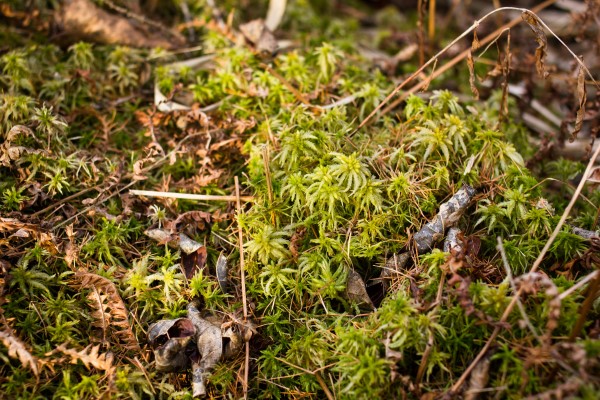1 in 4 adults in the nation have a disability, and most will experience one at some point in their lifetime. Unfortunately, adults with disabilities experience 80% more mental distress than those without, so it’s important to find ways to cope, like gardening!4
Gardening is hard work, but it bears more fruit than the plants you grow! Gardening has been reported to positively impact mental health, yielding increased mindfulness, positive emotions, improved well-being, and quality of life.6Additionally, living with a disability is challenging, and often causes people to be more homebound. This makes nurturing the home and garden more significant in their lives.3

This month, the Garden has partnered with Aspiro to promote their No Limits Ability Awareness Campaign which highlights how we’re more alike than different. Together, we aim to reduce the stigma around disability in the community, and show that having a disability doesn’t prevent people actively participating in activities like gardening.
A Garden that Fits You
Having a garden that’s tough to navigate can make it more treacherous and stressful than rewarding. That’s why it’s important to consider your needs for the layout of the garden. One major concern is getting the plants to the height where you feel comfortable gardening. Taller raised beds can be a great accommodation if you need to garden sitting down or in a wheelchair.4 Just make sure that your garden rows are wide enough to pass through comfortably if you are accompanied by a mobility aid.4 If a raised bed is too much for you to take care of, consider containers!2 There are plenty of ornamental and edible plants that are perfectly happy to grow in a large pot which can be easier to reach than a sprout on ground-level.

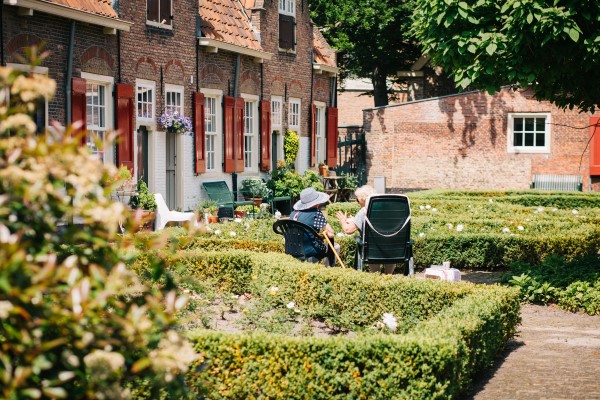
Maneuvering the garden can still be tricky. If you’re having trouble trekking uneven surfaces with a mobility aid, it may be beneficial to pave paths through your garden. However, if you are mobile, but are prone to falling, stick with more forgiving materials like woodchips or turf.2 For those who experience visual impairment, indicator strips or wind chimes can be helpful signals for important locations in the garden. Plus, who doesn’t love windchimes anyway? Speaking of which, you should make your garden your own! Feel free to incorporate yard decorations and mementos that align with your interests.2
Finding Your Perfect Plant
The plants you select have a strong impact on your gardening experience! Whether it’s a vine that will go totally out of control or some seeds that won’t sprout, there are plenty of things that can go wrong when picking the perfect plant. Starting your gardening journey with plants instead of seeds is the ultimate kickstart to a healthy, low-maintenance garden.1 Plants also allow for the instant gratification of visual results.2 Still, keep in mind the height that you want to garden at. Dwarf varieties are a great way to keep tall trees and sprawling vines within reach.1

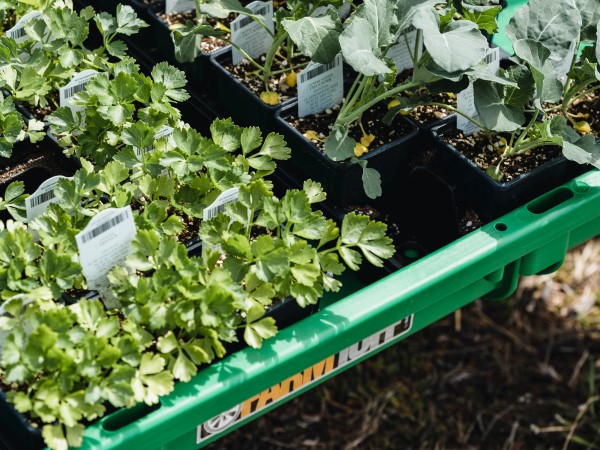
If you’re gardening fruits and vegetables, half the battle is harvesting and using them. Having an overabundance can be exhausting and laborious to process. If you aren’t looking for a big project, a high-yield plant may not be for you. Instead, find lower yield options that are easy to pick.
The Day to Day
Now that you have your garden bed, and you know what you’re planting, it’s time to get to it! If you can’t carry things with you, pocketed aprons or bags that hang off of mobility aids can help keep your tools at the ready.2 Additionally, applying brightly colored tape or paint to different tools can make them easy to spot and identify.1
Caring for plants is a new routine, so it might be nice to create some guidelines. Consider creating visual schedules and written procedures for the things you need to do to maintain your garden.Keeping a garden journal can also be a fun project to practice communication skills! 2

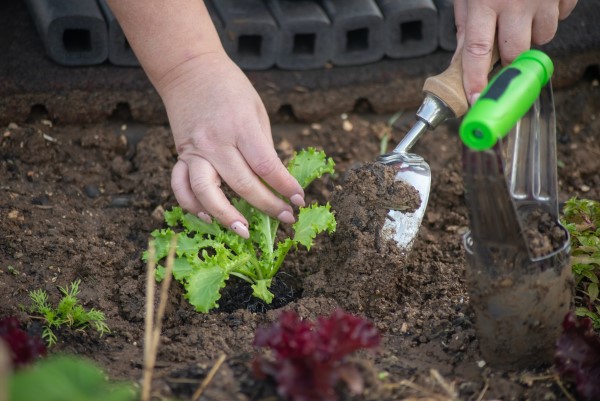
So, there you go! There truly are ways to make gardening inclusive for everyone, no matter their ability level. Here at the Green Bay Botanical Garden, we’re also committed to making our garden accessible. Approximately 20 of the Garden’s 47 acres of garden areas have paved walkways (marked white on the map) and are accessible to visitors with mobility needs. You can learn more about our amenities and accessible pathways on our website!
If you’re an avid gardener looking for more accessibility tips, consider these additional resources:
- Gardening for Life: A Guide to Garden Adaptations for Gardeners of All Ages and Abilities
- Making Gardening Easier
- Adaptive Gardening Techniques for the Visually Impaired
- Gardening Hints for People with Arthritis
- Gardening Adaptations for People with Gripping and Lifting Problems
- Gardening Strategies for People with Heart and Lung Problems
- Gardening Ideas for Children with Special Needs
- Master Gardeners Promote Therapy Through Horticulture
- Adapting Garden Tools to Overcome Physical Challenges
- Gardening with Limited Range of Motion
Sources
- Brock, Holly, and Gayle Mefford. Gardening for All: The Accessible Garden. Revised Edition. Vol. 61, PAM Assistance Centre, 1990.
- Davis, Heather. “Gardening and Autism: Blog: Adult Autism Center.” Adult Autism Center of Lifetime Learning, 21 Sept. 2021, adultautismcenter.org/blog/gardening-and-autism/.
- Lipske, Michael. “Enabling the Disabled to Attract Wildlife at Home.” National Wildlife “World Edition), vol. 35, no. 4, June 1997, p. 16. EBSCOhost, search.ebscohost.com/login.aspx?direct=true&AuthType=cookie,ip,cpid&custid=s5145778&db=aph&AN=9705192958&site=ehostlive&scope=site.
- “The Mental Health of People with Disabilities.” Centers for Disease Control and Prevention, 30 Nov. 2020, www.cdc.gov/ncbddd/disabilityandhealth/features/mental-health-for-all.html#:~:text=Adults%20with%20disabilities%20report%20experiencing,14%20days%20in%20a%20month.
- Tigere, B. & Moyo T., 2022, ‘Disability-inclusive community development: A case of a community garden in Limpopo province in South Africa’. African Journal of Disability 11(0), a850. https://doi.org/10.4102/ajod.v11i0.850
- Yang Y, Ro E, Lee TJ, An BC, Hong KP, Yun HJ, Park EY, Cho HR, Yun SY, Park M, Yun YJ, Lee AR, Jeon JI, Jung S, Ahn TH, Jun HY, Lee KJ, Choi KH. The Multi-Sites Trial on the Effects of Therapeutic Gardening on Mental Health and Well-Being. Int J Environ Res Public Health. 2022 Jun 30;19(13):8046, doi: 10.3390/ijerph19138046. PMID: 35805706; PMCID: PMC9266122



